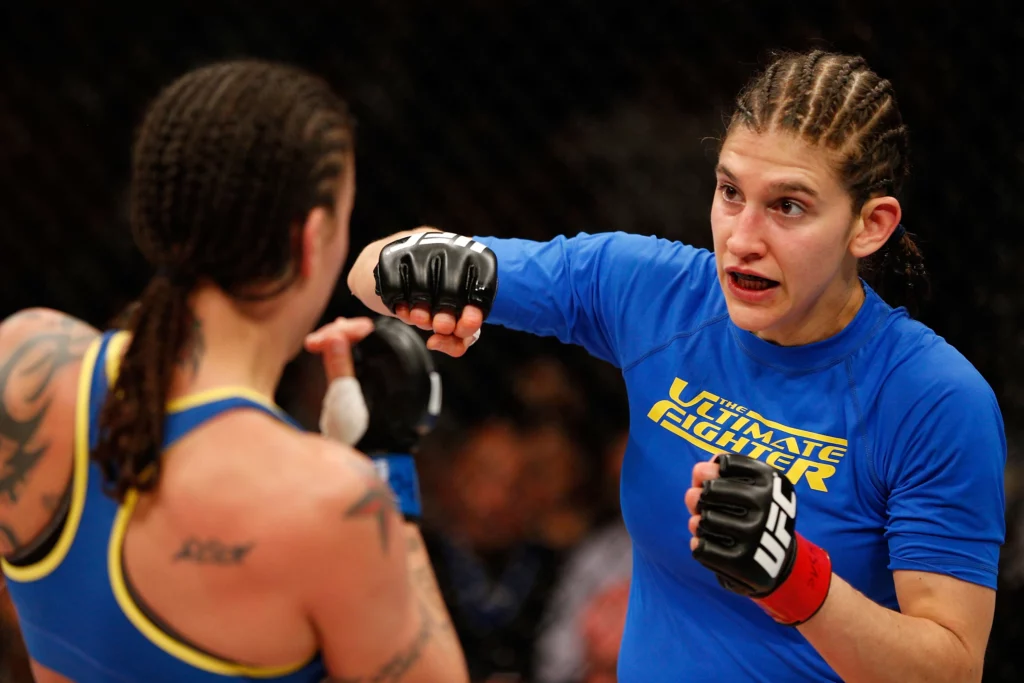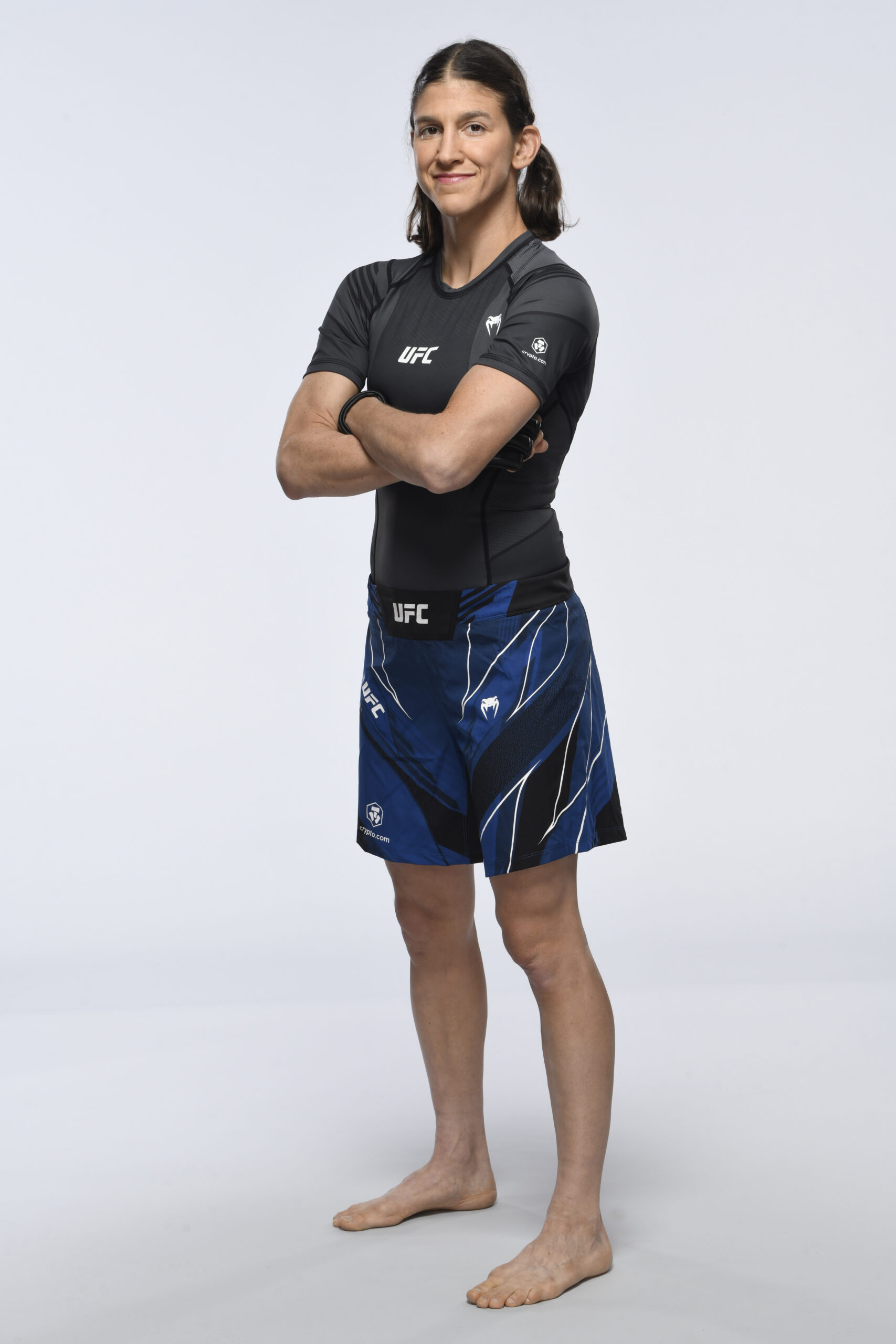Young fighters who aim to make a living at fighting are obsessed. All they can think about is training and getting better. A very low percentage of fighters make enough money to survive on fight purses alone without having another source of income.
Not everybody can “make it rain” like Conor McGregor.
Most fighters have to work second jobs, or even two jobs plus training in order to make ends meet. I worked full-time as an English teacher from the time I graduated college in 2005 until 2013 when I joined The Ultimate Fighter 18.
What if you finally “make it” and earn $20,000 to $50,000 for one fight? Should you buy everything you’ve always wanted? Should you go to Europe? Should you stick it all in the bank and spend nothing? I have some ideas.
Disclaimer: I’m not an educated financial planner. However, having started and then finished my fighting career, there are some things I recommend young prospects keep in mind to help their purses go further and to help set them up for life after fighting:
- Make a monthly budget
- Live life a little but not beyond your means
- Get everybody’s business card and make lots of contacts
- Have a back-up plan
- Invest
Make a budget
My father is the one who sat me down and explained how to make a budget. Even if your budget is negative, meaning you are spending more than you make, creating an outline and list expenses helps you get a handle on where your cash is going.
Get a notebook for a dollar at Walmart and write down rent, utilities, transportation, and training expenses. Save receipts for a few weeks or check credit card bills to get an average of your weekly or monthly food budget.
When I first quit my job in Japan and moved to the States for The Ultimate Fighter, my budget was negative. Seeing that on paper helped me be really frugal and find out how to minimize the damage it did on my savings in my bank account.
Live within your means
One of my teammates spent part of his first UFC paycheck on a motorcycle so he wouldn’t have to ride his bicycle to the gym every day. After I got signed to the UFC, I could afford to live by myself rather than sharing with others. I also bought Smuckers Strawberry preserves instead of the cheaper store brand.
You could be forgiven for spending a little of your money on luxuries. It feels nice to wake up and feel like your surroundings are noticeably better than in the past. But don’t make the mistake of blowing it all in one go.
When I lived in Japan and worked full time, I never traveled or went on vacation. I told myself that I should save my vacation days at work for fights. I shouldn’t spend much so that I could survive for a while if, one day, I’d quit my job to pursue fighting full-time.

In hindsight, I did end up doing just that, and had enough money squirreled away to last a few years. However, I wanted to go to Korea or Thailand and I never ended up going. I could have gone to Thailand and not spent too much money. I should have, it’s important to make memories that you can keep for the rest of your life.
As a related point, try to put some money in the bank. A nest egg goes a long way to alleviating stress for unplanned expenses. You might have medical bills pop up, vehicle repairs, a sudden trip back home for a family emergency, etc. It’s nice to take someone out for dinner.
Making a habit of gradually depositing funds is very helpful. When I worked in Japan, I tried to put away a few hundred per paycheck, and over the years, it added up.
I’m glad I did all these things and sacrificed a little. By the time I moved back to the States, I had a nice cushion to pay rent when I only had a small trickle of income from a part-time job.
Have a back-up plan
It’s difficult for a fighter to “think about their future after fighting” when they are putting their heart and soul into the fight game. However, it’s worth thinking about a back-up plan. It’s a great thing to have when you’re participating in one of the most risky and physically challenging sports in the world.
For full-time fighters, I recommend having at least three back-up plans for your life if you’re not fighting. One job, you actively like and enjoy. The second job would be something that’s just “alright,” you’d be happy but not ideal. The third activity should be something you kind of don’t want to do, but you’d be willing to do to survive.
For me, those would be like working for the UFC, teaching English and jiujitsu, and finally entering the public school system.
Why should you write these down and stick these ideas in a box now? Because what if one of the plans involved time, and you have to start now? For example, you have to get a degree, so you might want to take classes little by little to eventually earn that degree.
Make lots of contacts
Right now, I’m teaching jiujitsu at different gyms other than where I’d trained MMA. I kept contacts from over the years and got hired by other instructors who remembered me and valued me.
When fighters are out traveling, they should schmooze with sponsors and business owners. You never know if you would be invited back for a seminar or maybe find some other business opportunity with someone you wouldn’t have guessed.
I found one job in an elevator. I fought in Japan in 2005. Upon returning to the host hotel after the event, my coach and I started chatting with a businessman. It turns out he managed an English school and gave me his business card.
When I graduated from college, I contacted him, who put me in contact with the company’s HR. They interviewed me and hired me! You never know! Keep people’s business cards and make notes.
Invest your money
Investing is also a good idea. Things like lower-risk mutual funds, individual retirement accounts (IRAs), and real estate. Again, I’m not a financial expert, but you should seek one out for proper advice on where to put your money.
I own a small condo that I rent out, and I put my UFC title fight money into an IRA and mutual funds. (They are tanking at the moment, but my advisor tells me they’ll go back up eventually).
I’m glad I had good guidance, so I’m mostly pleased with my situation. I finished my MMA career with money in the bank which will last for a while. I’m pursuing my second choice for employment and am enjoying it.
I’m glad I have options I’m mentally prepared for. I have many contacts and people I’ve become acquainted with over the years, and I’m easy to reach on social media. I just wish I had gone to Thailand when I lived in Japan.
Maybe some day.


